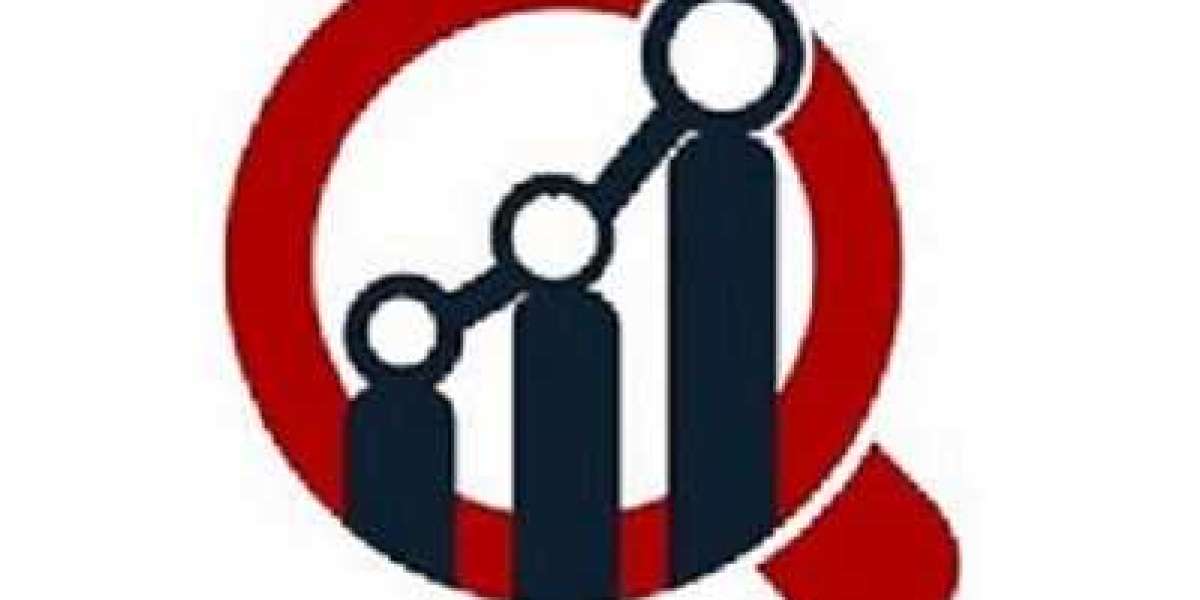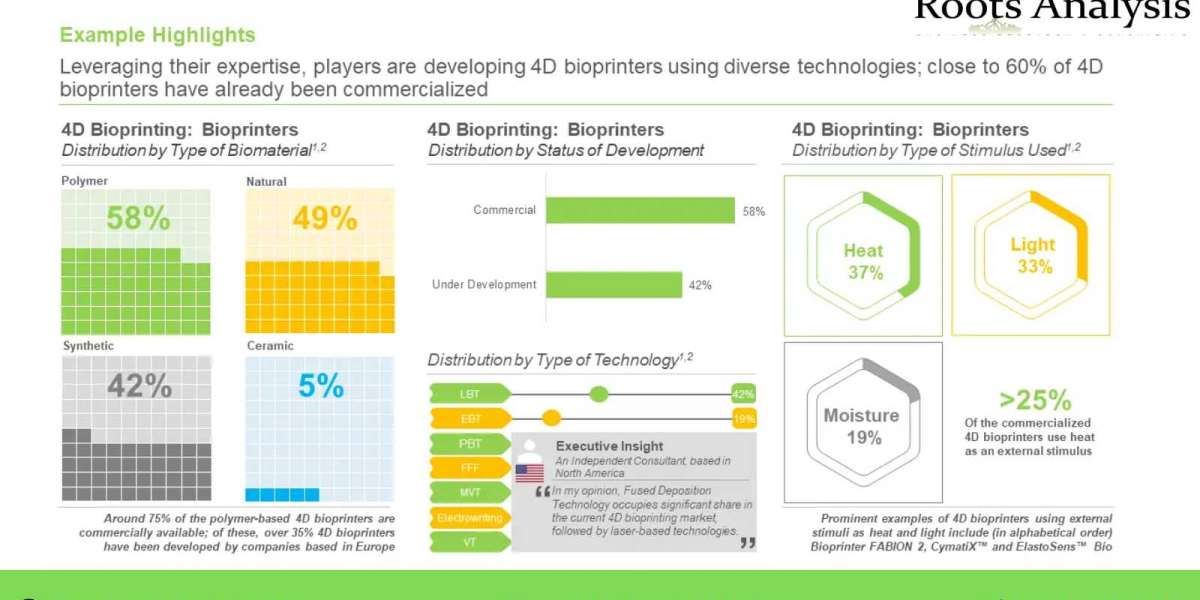Market Highlights
According to MRFR analysis, the global virology specimen collection market is expected to register a CAGR of ~ 5.3% from 2021 to 2030 and hold a value of over ~USD 8,974 million by 2030.
Various manufacturers have ramped up the production of viral specimen collection products due to the increasing demand for diagnostic testing for COVID-19 across the globe. This, in turn, is driving the market for virology specimen collection. For instance, in April 2020, Puritan Medical Products (U.S.) expanded its nasal swab manufacturing to more than 1.0 million per week for COVID-19 testing, thereby boosting the market growth. The market for virology specimen collection is also driven by key firms developing innovative technologies that enable error-free laboratory-quality specimen collection. The companies collaborate and partner with a number of domestic and international players for expanding the development of virology specimen collection products. For instance, in June 2020, Henkel AG Co. KGaA (Germany) collaborated with Origin (U.S.) to meet the demand for COVID-19 nasopharyngeal (NP) swabs. The collaboration leveraged Origin’s expertise in conducting robust mechanical testing at its California facility. Henkel also provided knowledge and technology for designing 3D printed nasopharyngeal swabs for COVID-19 testing. These aforementioned factors are significantly contributing to the market growth.
Regional Analysis
North America dominated the market for virology specimen collection in 2020. Increasing awareness regarding the disease transmission, diagnosis, and effective management of microbial infections have been observed in this region. This leads to the higher adoption of these products, thereby aiding the market growth. As of November 2019, the U.S. Department of Health and Human Services (HHS) supported the development of the host-response testing technology under a USD 6.0 million, 14-month contract with Inflammatix, Inc. (U.S.). The company is engaged in the development of three diagnostic tests, including HostDx Fever, HostDx Sepsis, and HostDx PaperFlu. The tests provide rapid results within minutes to determine whether the infection is bacterial or viral. This, in turn, supports in assisting clinicians to make better-informed and earlier decisions for the treatment. Government agencies undertake these initiatives to support the development of advanced products, further influencing revenue growth.
Asia-Pacific is expected to register a lucrative growth in the market for virology specimen collection. This is due to coronavirus testing conducted on a large scale in Asian countries. As of 27th January 2022, reports from Worldometer, India, completed over 722.2 million COVID-19 tests. The Respiratory Syncytial Virus (RSV) is a common lower respiratory tract infection among younger children in Japan. It is the major cause of hospitalizations for pneumonia and bronchiolitis in infants. As per the data published by National Center for Biotechnology Information (NCBI) in January 2022, three to four out of every 100 Japanese children under six months of age are hospitalized for RSV. This age group also accounted for 40% of all RSV-associated hospitalizations. This, in turn, is driving the market growth.
Access full report @ https://www.marketresearchfuture.com/reports/virology-specimen-collection-market-10798
Segmentation
The global virology specimen collection market has been segmented into product type, application, and end user.
Based on product type, the market has been segmented into swabs, viral transport media, blood collection kits, and others. The viral transport media segment accounted for the largest share of the market in 2020, owing to the emergence of newer pathogens, rising number of product launches, and rising prevalence of viral diseases contributing to the segment growth. For instance, in June 2020, Global Marketing Services (GMS) (Pakistan) announced the launch of a viral transport medium (VTM) for the highest quality and cost-effective sample collection. The media is aseptically filled in a sterile environment for ensuring sterility and includes a flocked nasopharyngeal swab. On the other hand, the swabs segment is anticipated to be the fastest-growing segment during the forecast period. The swab segment is further segmented into nasopharyngeal swabs and oropharyngeal swabs.
Based on application, the market has been segmented into diagnostics and research. Diagnostic applications accounted for the largest revenue share in 2020 in the virology specimen collection market. This is due to the rising number of government-approved transport media, specimen collection kits, and swabs for clinical applications. In addition, continuous developments or offering more automated testing due to increasing demand for testing and increasing risks of infection among healthcare staff while carrying out throat swabs is further driving the segment. For instance, in June 2020, researchers from the Southern University of Denmark (SDU) announced the development of a fully automated robot called ‘swab robot’ in collaboration with Lifeline Robotics for collecting swab samples from patients. The product is aimed to simplify the process of sample extraction without exposing frontline healthcare professionals to infection risk.
Based on end user, the market has been segmented into hospitals clinics, diagnostic centers, and others. The hospitals and clinics segment accounted for the largest revenue share in 2020 in the market for virology specimen collection. This is attributed to an increase in the number of patients with various viral diseases visiting hospitals for getting proper diagnosis treatment and an increasing rate of hospital-acquired infections. As per the Centers for Disease Control and Prevention (CDC) reports, around one in 31 U.S. hospital patients are affected with at least one healthcare-associated infection every day. This, in turn, is driving the adoption of specimen collection kits for accurate disease identification and diagnosis.
Key Players
Some of the key market players are Thermo Fisher Scientific, Inc. (US), Hardy Diagnostics (US), BNTX Inc. (Germany), Formlabs (US), Medline Industries, Inc. (US), Puritan Medical Products (US), HiMedia Laboratories (India), VIRCELL S.L. (Spain), COPAN Diagnostics (California), Becton, Dickinson, and Company (US), Laboratory Corporation of America Holdings (US), and Lucence Diagnostics Pte Ltd. (California).







